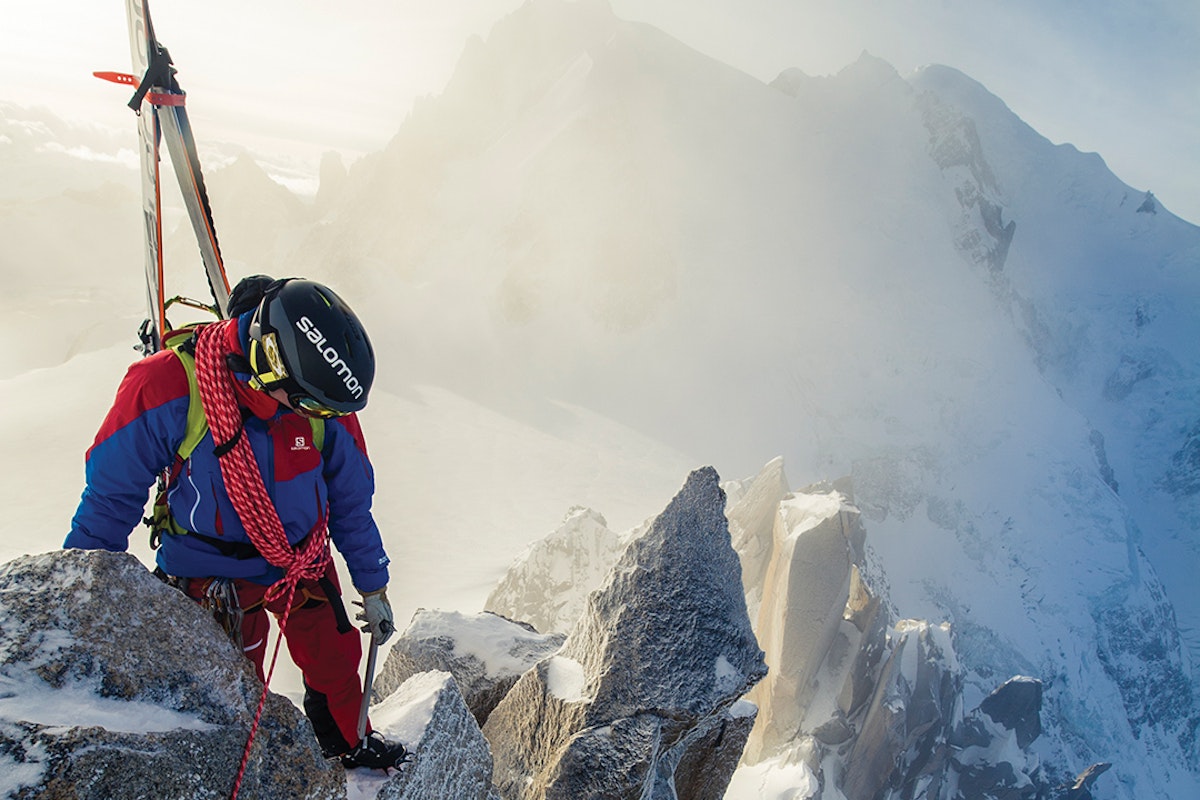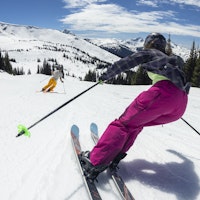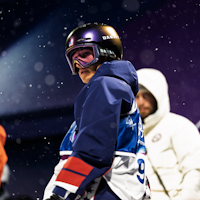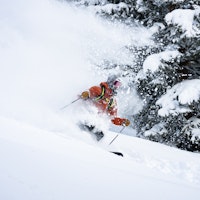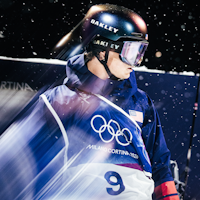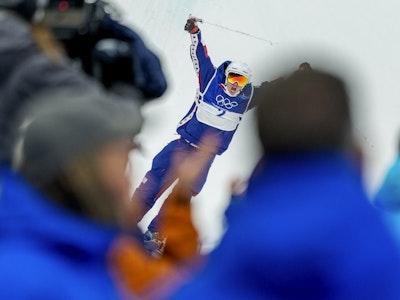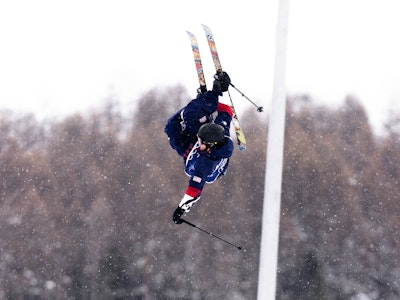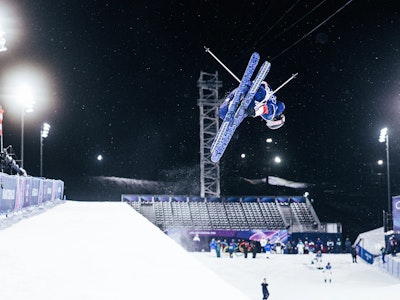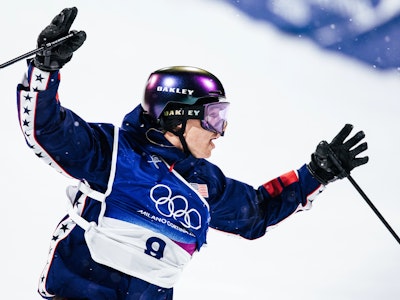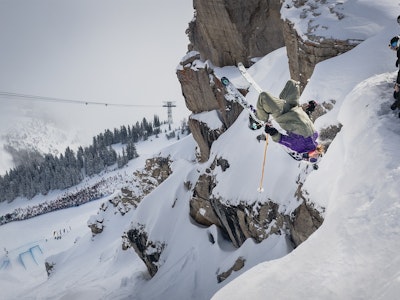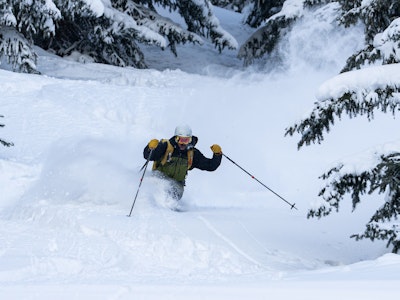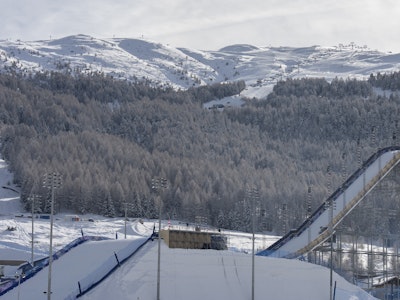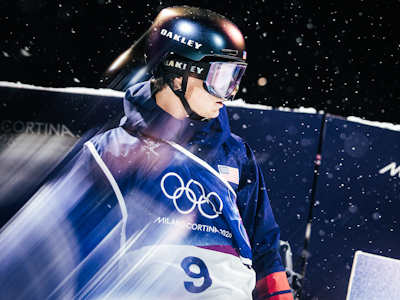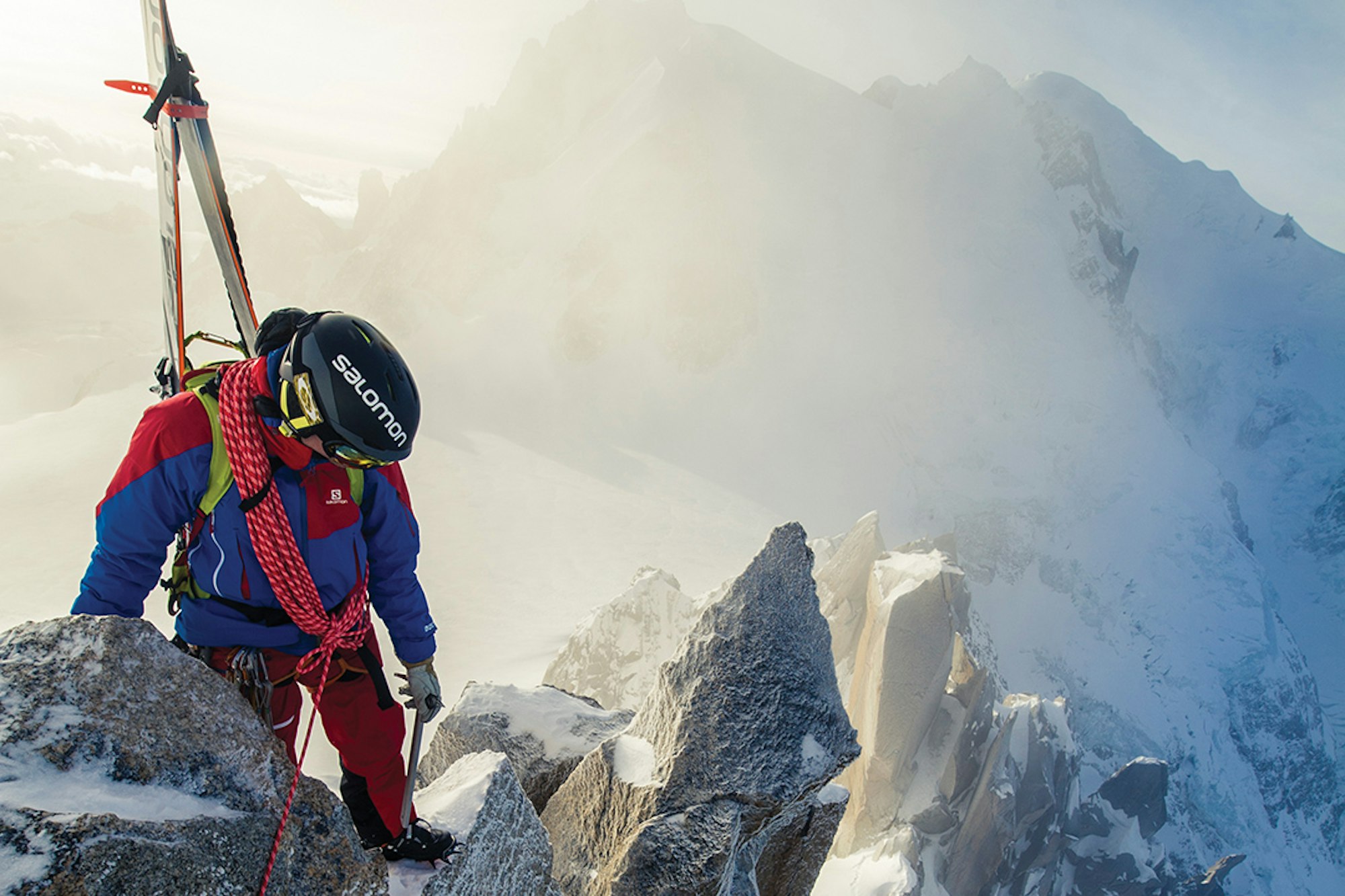This text originally appeared in FREESKIER magazine, Volume 17.5. It is posted here today as we recognize the one-year anniversary of JP and Andreas’ passing.
As told to Henrik Lampert.
I first met Andreas in 2006 when he and my brother were going down to Chamonix for the first time. I was in school at that point, but a couple of years later I joined them there in a little 25-square-meter apartment where we spent two winters together. Those were happy days.
Andreas had been skiing since he was just a kid, beginning in the north of Sweden. He skied every day and spent a lot of his time teaching the sport to others. It was clear to him that skiing was his calling, and when he graduated from school, he went on to achieve his guide certification and made the decision to live in the mountains. He said immersing himself in the mountains was the most important thing in his life. It didn’t take long before he got more and more into ski mountaineering and transitioned into a career as a professional skier.
Andreas spent more time in the mountains than anyone I know of. He took risks, of course, but he never put himself in stupid situations. He always listened to his gut and turned around at signs of danger. I’d say we turned around about 75 percent of the time we set out for a mission.
In the autumn of 2011, we traveled through the Andes for a three-month stretch. I’m still amazed that we managed to travel from Ecuador to Peru, Bolivia and Argentina, all by local busses. Andreas climbed and skied the highest mountain in each country, and we made a film documenting the experience. That was my biggest project with him, and it was just the start of my film career. He said that we would look back on that trip and regard it as the best one ever, even if we intended to tackle bigger mountains with bigger film budgets. That was the cool thing about that trip—it was zero budget, local transportation, three months and one hell of an awesome adventure. Just the two of us.
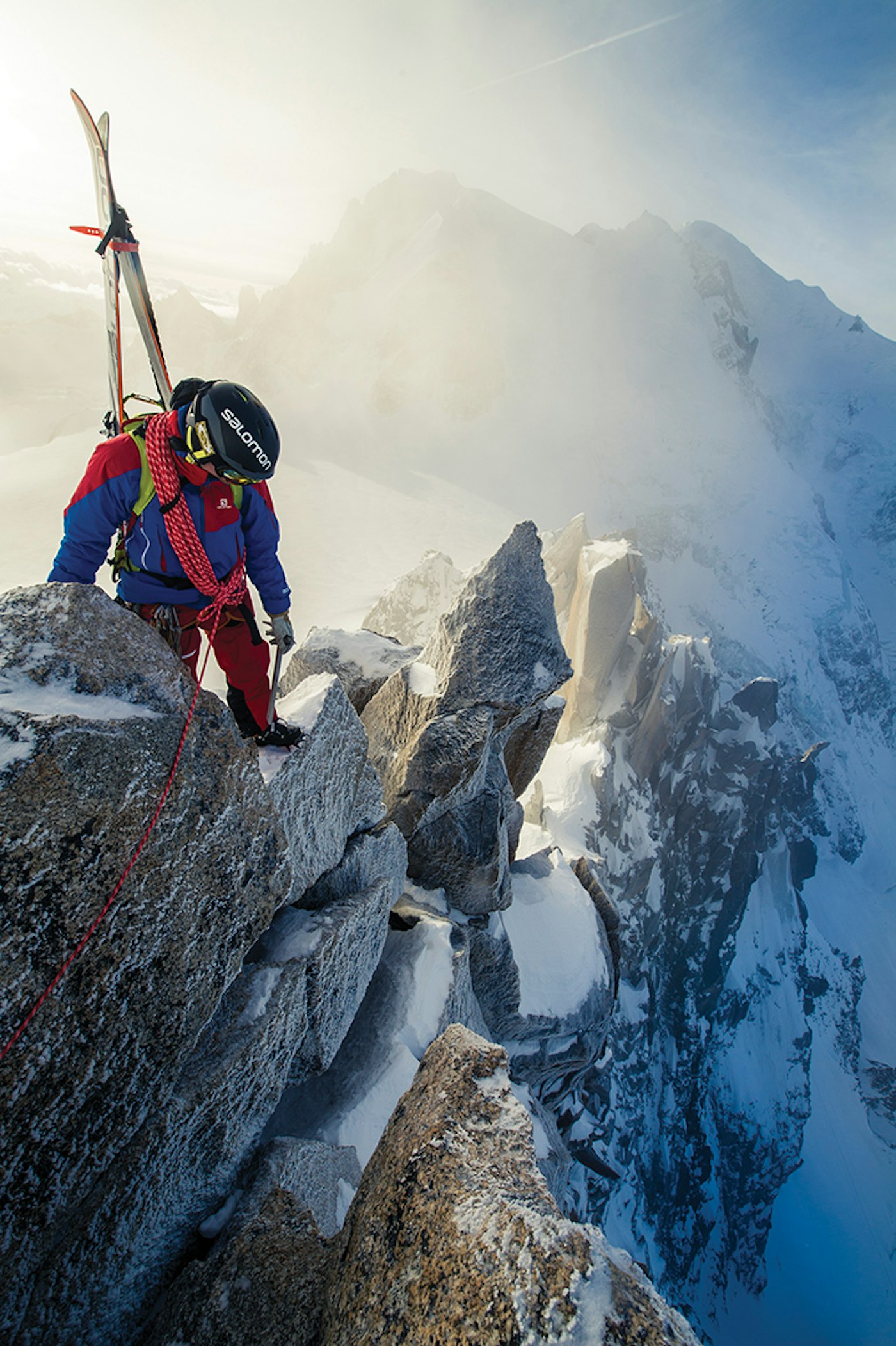
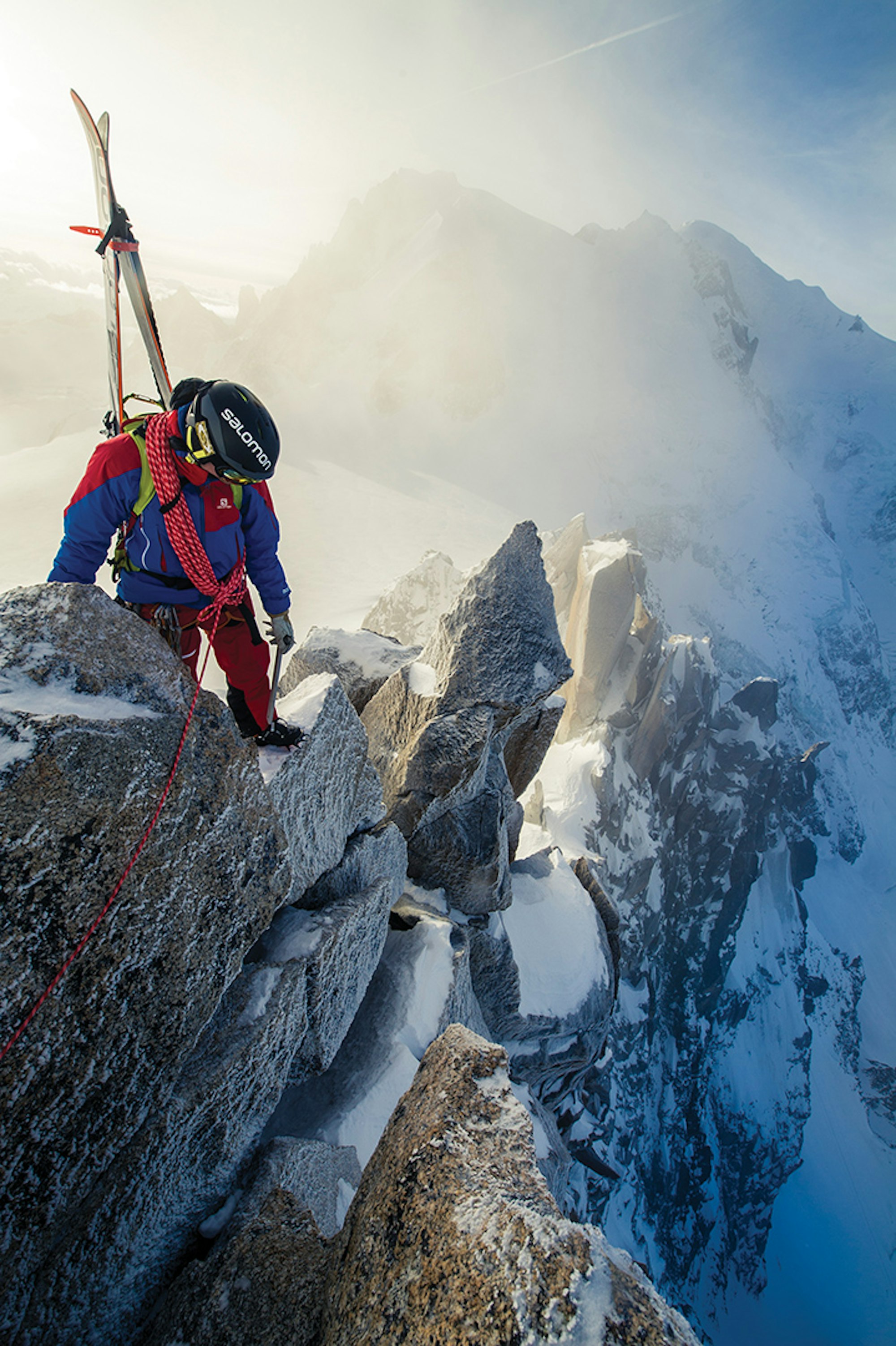
Andreas was more than just an adventurer. He always pondered the deep things in life. He read a lot, talked to all types of people and had many philosophers as mentors. He liked to sit down with people and have long, meaningful conversations that would provoke them to think about things in different ways. Rather than answers, he wanted to give them clues. He made people around him think about life in a very interesting and lovely way.
He could be serious, and also the opposite. Occasionally, he would be rocking and rolling and dancing like a crazy man. He was a happy, crazy, fun and friendly dude.
He was always swinging for the fences. He went all in when planning his adventures. At times, he’d hit a wall after a big accomplishment. That happens, I think, with people sometimes. You chase a goal 100-percent, and after achieving success, you feel emptiness. Andreas became more and more aware of this, and learned how to manage it. He was really good at stepping outside of the bubble and looking at his life from another perspective.
Of all the special accomplishments he achieved in the mountains, I think the first descent of Denali’s South Face was the one he was most proud of. He trained more than I’d ever seen anyone train for anything. He didn’t get a lot of support to complete that mission, but he did it anyways and put a big mark on the map in doing so.
Descending Whillans Ramp was probably the biggest and most difficult thing Andreas ever did. He came down to me after the run and said that he’d reached his own limit, and that he wouldn’t ski anything so steep ever again. He never did—he always listened to himself.
He taught me about so many things. He was my mentor. He was like a brother to me. He was the best person I’ve ever met.
I think the best way to honor Andreas is to take what you’re doing in your own life, whatever that may be—skiing, climbing, working in the supermarket or delivering the mail—and make sure it’s something you really want to do. Live the life you want to live, and do things to the fullest. Create a happy life for yourself. Because when you’re happy, then you can help others to find happiness in their own lives.
Related: New footage of JP Auclair and Andreas Fransson released, one year after their passing
In recognition of JP and Andreas’ extraordinary contributions to the sport of skiing and their unwavering commitment to spread good will, please consider a donation to one or more of the following charities: The Auclair Fund, proudly managed by friends of JP Auclair, Alpine Initiatives, and Armada; and Safe Passions, established in Andreas’ honor, with an aim to bring awareness of safety in the mountains to youths and young adults.

